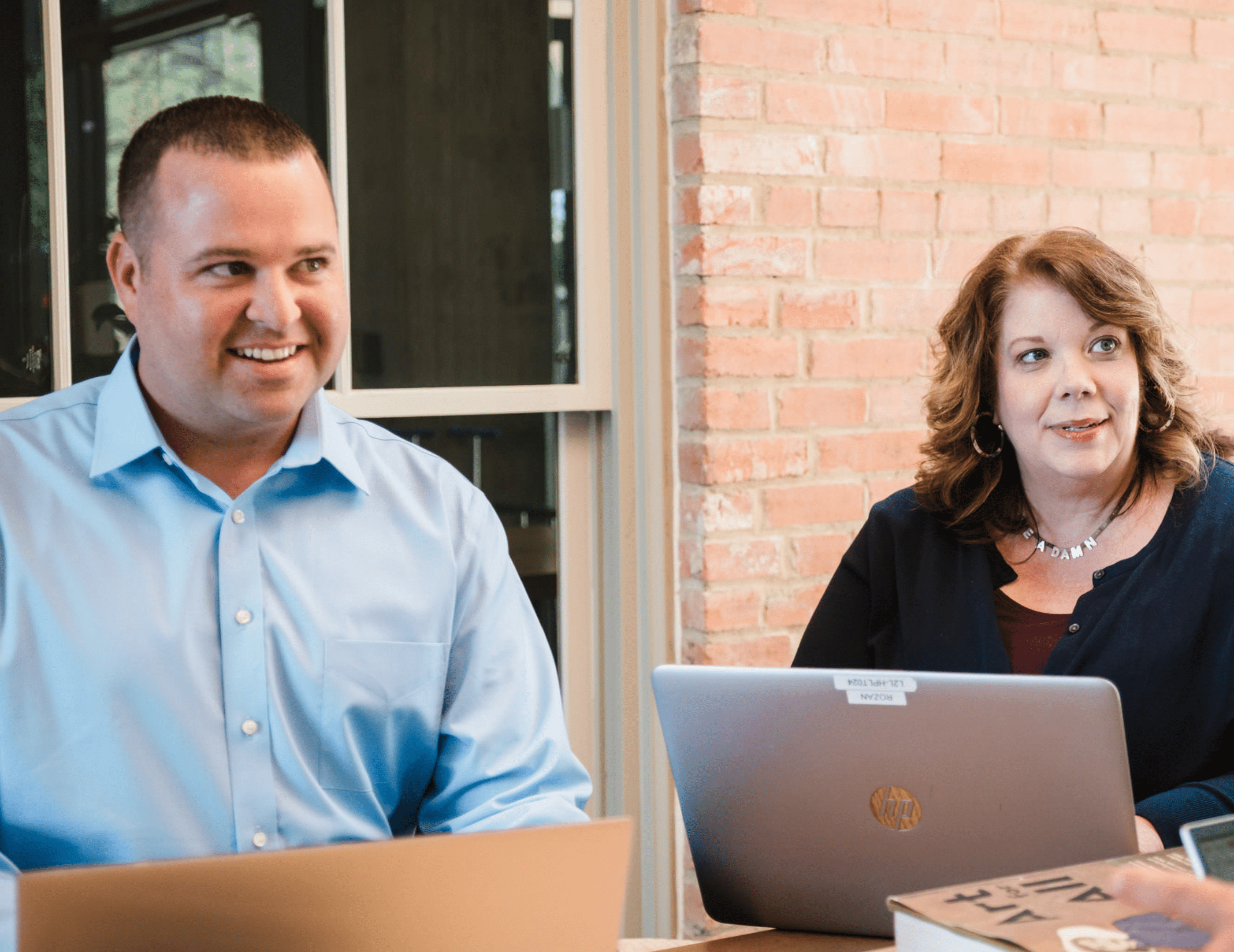
Dallas, Texas – Level Legal is honored to present at the Eastern District of Texas Bar Association’s annual EDTX Bench Bar Conference, to be held at the Plano Marriott Legacy Town Center from September 23 – September 25, 2019. Level Legal CEO Joey Seeber will moderate a panel discussion for an expected audience of a few hundred attorneys, judges, and legal professionals. The panel is titled “The Impact of People, Processes & Technology on eDiscovery – Using Technology to Sort Through the Haystack.”
“As data grows exponentially, increased costs and inefficiency can spiral alongside the data as we try to find the meaning sometimes hidden in mountains of data – but it doesn’t have to be this way. Legal technology is no longer the ‘black box’ of eDiscovery but is now a resource of defensible, repeatable tools that should make an attorney’s practice more valuable,” said Seeber. “We’re excited to be with some of the best and brightest legal minds from across the globe to discuss how to serve our clients with the best people, processes, and technology available. Events like the EDTX Bench Bar give us opportunities to build meaningful relationships, which is still the heart of practicing law.”
Joey Seeber is joined on the panel by Jill Bindler, Partner at Gray Reed, Dave Carns, Attorney and Chief Revenue Officer at Casepoint, Dave Lewis, Chief Data Scientist at Brainspace, and Danny Thankachan, Director of Practice Technology at Blank Rome LLP.
About the EDTX Bar Association
The EDTX Bar Association serves the 43 counties that comprise the Eastern District of Texas. Its mission is to foster a professional working relationship between members of the bench and bar in order to further the administration of justice in the Eastern District of Texas.


